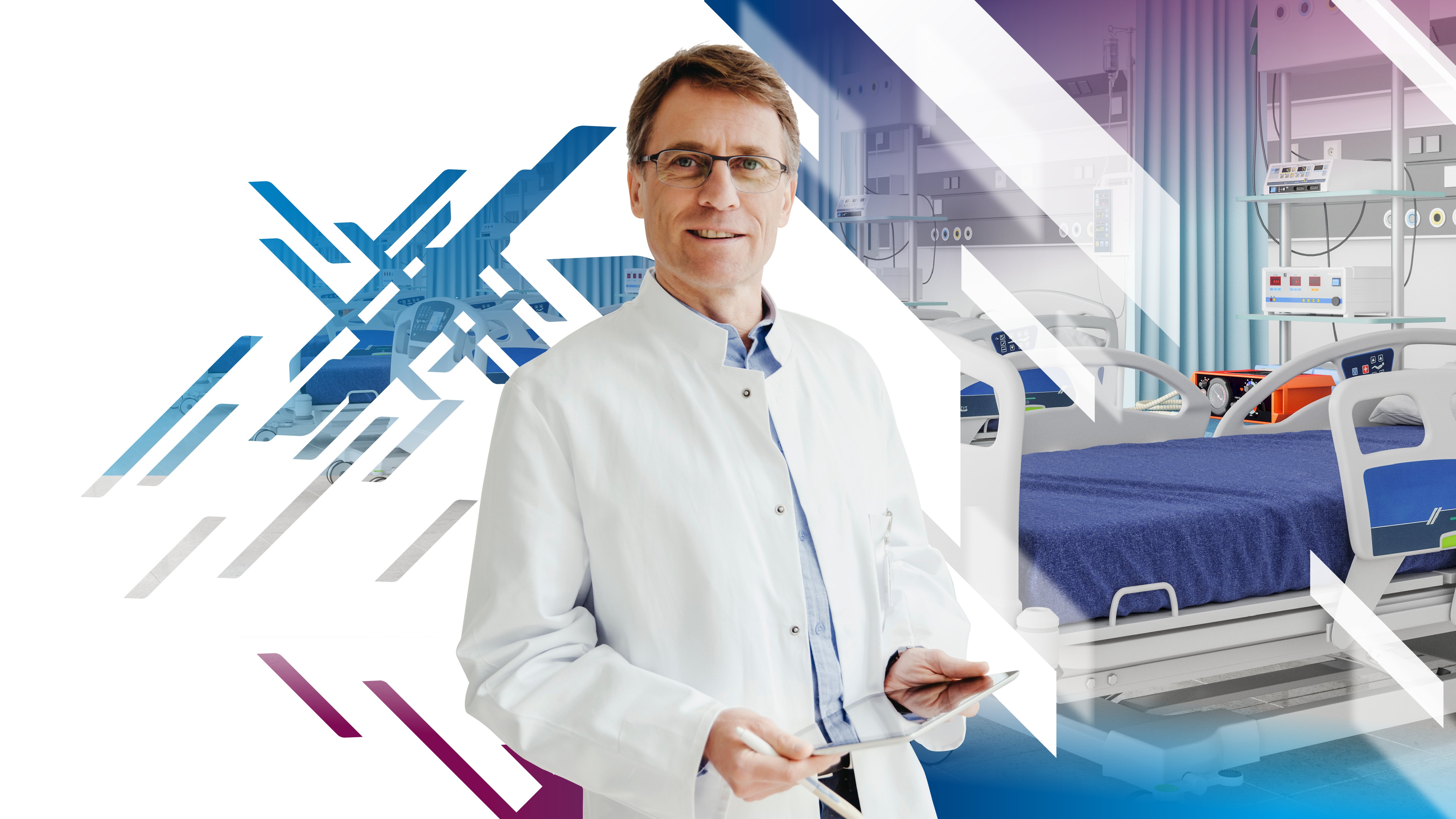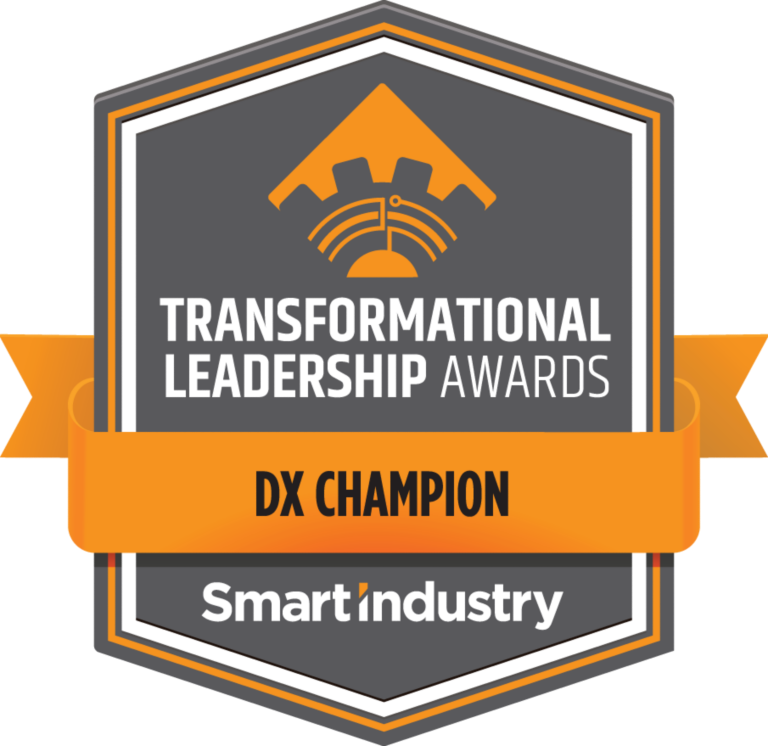Recommended for You
Fresenius Medical Care provides solutions for people living with chronic kidney disease and related conditions. Providing services through a network of almost 4,000 outpatient dialysis centers, the company primarily treats end-stage renal disease, which requires patients to undergo dialysis three times per week for the rest of their lives.
Fresenius Medical Care has a deeply integrated value chain for the design and manufacturing of different devices and disposables, and recently expanded its product portfolio with extracorporeal blood treatment for heart and lung therapies.
Working to improve the quality of life of every patient, every day, Fresenius Medical Care is transforming healthcare through research, innovation and compassion.
To continue its innovation, Fresenius Medical Care needed to move away from its paper-based systems, processes, methods and tools. Digital transformation would allow the healthcare company to develop global products, drive efficiency and speed time to market in product development, manufacturing and product management, along the complete product lifecycle.
Drive Efficiency, Speed Time to Market
Fresenius Medical Care has been growing successfully, but cumbersome, paper-based regional processes, methods and tools in product development did not match on a global scale.
The situation hindered global collaboration between product teams, created unnecessary inefficiencies, and slowed development cycles and speed to market – especially in context of developing complex, next-therapy systems.
Fresenius Medical Care realized that streamlining and digitalization of processes were key steps to allow design anywhere, build anywhere and ship anywhere.
Fresenius Medical Care worked with Rockwell Automation to create a global digital transformational program to realize digital twins of its products to drive efficiency in global product development and regulatory compliance. The Global Product Lifecycle Management (PLM) is a strategic program for managing all product and process data with streamlined capabilities based on a globally accessible and integrated eco-system.
The overall business goals of the project included:
- Speed time to market in product development, manufacturing and product management
- Increase global collaboration and efficiency, especially among product teams
- Improve product quality
- Lower administrative efforts
- Prepare for and enable the Industrial Internet of Things (IIoT)
Global PLM drives for a single source of truth for managing product data digitally, enabling research and development (R&D), manufacturing and quality to become truly global, collaborative organizations and move into state-of-the-art, digital-driven product development and manufacturing as the basis for future products.
Justifying Investment
Fresenius Medical Care identified tangible examples and pain points that clearly highlighted the potential benefits of this initiative to the board of directors and executives.
Above pure financial justification, they placed initiatives as strategic programs targeting overall efficiency increases and improved time to market.
Since program work began in 2017, Fresenius Medical Care has defined a variety of streamlined and globally harmonized engineering and manufacturing capabilities and had numerous rollouts that started gaining value from better collaboration, digital processes and less administrative efforts.
As a result of the PLM project, Rockwell Automation has helped Fresenius Medical Care move from paper-based systems to systems that capture and drive analytics on product data, including tracking adoption of capabilities and operational improvements – for example, change management lead time or deliverable lead time.
Going forward, Fresenius Medical Care will add advanced analytics and leverage machine learning and automation to improve R&D and manufacturing operations from insights.
Global Topic Owners and Expert Groups
The program’s timeline was created as a multi-year business transformation consisting of four phases, slicing the transformation into digestible pieces of work that can be implemented step by step to progressively deliver value. For example, systems engineering allows early-stage simulations and verification of development results.
With Rockwell Automation, the Fresenius Medical Care team created global topic owners (GTO) and expert to drive definition of new capabilities and confirm proximity to users and customer centricity.
Since 2017, the project team has reached out to over 300 people from different product teams across sites and functions to secure input about business needs, priorities, pain points and additional use cases.
The project team established a complete end-to-end operating model, including teams to address technical solutions, the cloud, cybersecurity, training and global support. Experts were embedded within the operative product teams to quickly drive adoption and transformation and create a feedback loop.
“We developed several measures to acquire and sustain the right expertise needed,” said Oliver Paul, senior director, Therapy System Lifecycle Management. “We have engaged external partners who brought the business and technical expertise and experience as well as additional capacity and people power needed for this endeavor. As we hire employees, we bring in more people with experience and a digital way of thinking and working to keep the expertise gained, and educate and train colleagues to sustain PLM/digital twin as a business concept at Fresenius Medical Care.”
According to Larry Dube, Vice President of PLM Strategy, GTOs and expert communities are a key pillar to drive adoption within the organization.
“For every rollout we look for deployment leads who are part of the operative product team,” Dube said. “By selecting a few early adopters and demonstrating success through measurable business value, other product teams and organizations now seek us out to deploy the capabilities.”
Improved Global Digital Collaboration
The work outlined in the project is supported by a communication series for different levels and target groups, including a sounding board to update leaders about milestones, achievements, next steps and success stories.
At the beginning of the program in 2017, the team connected the rollout of the first capability with one of the most important and largest product development teams.
“We successfully rolled out the capability to this team to demonstrate better global digital collaboration, digital approval process and management of all product deliverables in a much leaner way than before,” said Paul. “Getting this done with the most complex product team gave our organization and our implementation team confidence that we are on the right track.”
Working with digital processes and data has enabled more fact-based decisions and transparency for global product teams. In addition, teams have learned what it means to manage product data in a digital way and to follow new best practices – for example, atomizing information as digital objects, representing the described digital twin of products, instead of managing large sheets of documents.
Published December 19, 2021


